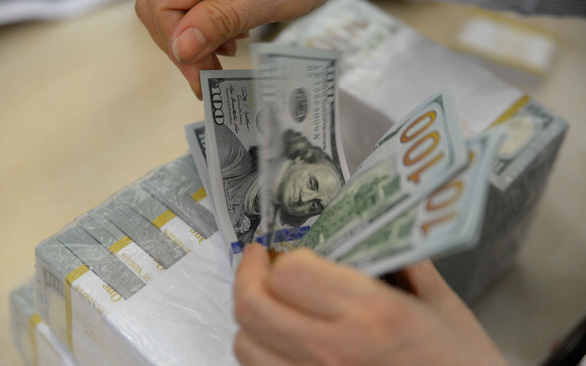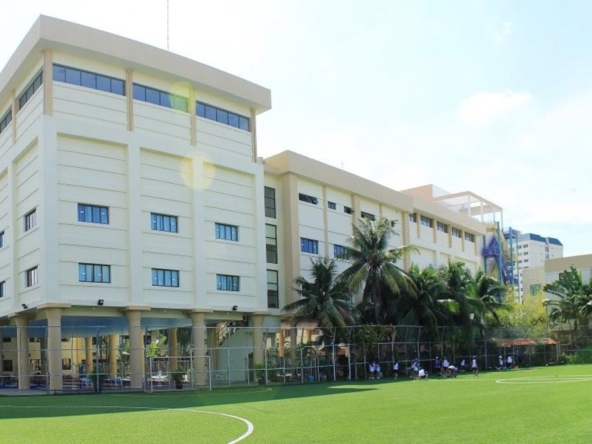Vietnam ranks ninth for purchases by foreign buyers of residential properties in the U.S. between April 2016 and March 2017

Vietnam’s Ministry of Planning and Investment is calling for feedback on a draft decree to prevent Vietnamese nationals from investing in overseas real estate for the purpose of buying foreign citizenship, money laundering and other illegal activities.
The U.S. National Association of Realtors (NAR)’s 2017 Profile of International Activity in U.S. Residential Real Estate found that Vietnam accounted for two percent of the reported purchases by foreign buyers of residential properties in the U.S. between April 2016 and March 2017, ranking ninth.
Vietnamese buyers were estimated to spend US$2-3 billion buying U.S. residential properties during the 12-month period from April 2016, according to NAR.
However, a leader of the State Bank of Vietnam (SBV) in Ho Chi Minh City stated that no Vietnamese citizen has so far been granted official licenses to make a transfer for overseas investment due to complicated procedures.
According to Vietnam’s current laws, Vietnamese individuals and organizations wishing to transfer investment money abroad need to obtain an offshore investment license issued by the Ministry of Planning and Investment.
This implies that Vietnamese individuals’ purchases of overseas residential properties up until now are unofficial.
In a recent draft decree on offshore investment, the investment ministry proposed that officials and civil servants, professional officers, non-commissioned officers and soldiers, state-owned enterprises’ leaders and managers, juveniles, people with limited capacity for civil conduct, and persons being examined for penal liability should not be allowed to make overseas investment.
The ministry also proposed that the SBV provide related information before granting licenses for offshore investment from VND20 billion ($861,600) and above that are not subject to the prime minister or the National Assembly’s approval.
The purposes of the proposed requirements are to prevent people from making unofficial offshore investments on residential properties in order to buy foreign citizenship, launder money or perform other illegal activities.
However, the proposed requirements have faced questions about their effectiveness.
According to Nguyen Van Toan — vice chairman of the Vietnam Association of Foreign Investment Enterprises (VAFIE), the on-the-table decree will inadvertently make it difficult for legitimate investors.
Currently, Vietnamese individuals only need to pay money to service companies to make offshore investments so that they can relocate to other countries, according to Toan.
“I do not object to the solutions given in the [draft] decree but it is necessary to consider the effectiveness of the solutions, whether they can really prevent the abuse of policies to buy foreign citizenship,” Toan said.
According to Dr. Duong Kim The Nguyen — vice-dean of the Faculty of Laws at the University of Economics Ho Chi Minh City, the legislators should focus on how to ensure that individuals’ sources of income are legal rather than prohibiting their offshore investments.







